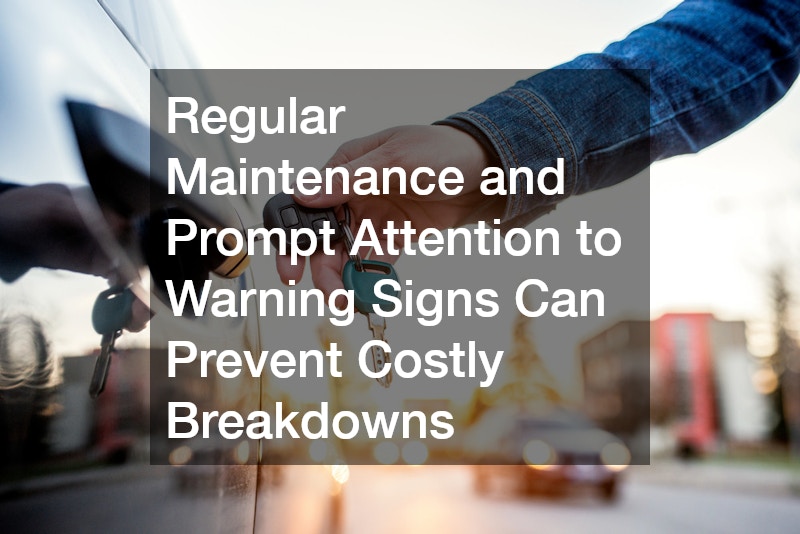Owning a vehicle comes with the responsibility of regular maintenance to keep it running smoothly and safely. While some parts of a car can last for many years, others experience wear and tear more quickly and need to be replaced to ensure optimal performance. Understanding which auto parts commonly require replacement can help drivers plan for maintenance and avoid costly repairs down the road. Here are some of the most frequently replaced auto parts and why they matter.
1. Brake Pads and Rotors
Brakes are one of the most critical safety components in any vehicle. Over time, brake pads wear down due to the friction created when stopping the car.
Rotors, the metal discs that the brake pads press against, can also develop grooves or warping with extended use. Regular inspections are essential, as worn-out brake pads can lead to reduced stopping power and unsafe driving conditions. Replacing brake pads and rotors when necessary not only improves safety but also helps prevent more expensive damage to the braking system.
2. Batteries
Car batteries typically last between three to five years, depending on the climate, driving habits, and overall maintenance. A weak or failing battery can lead to starting issues and leave drivers stranded unexpectedly. Modern vehicles also rely heavily on battery power for electronic systems, so replacing a failing battery promptly ensures that everything from the starter to the headlights functions properly.
3. Tires
Tires endure constant contact with the road, making them one of the most frequently replaced auto parts. Tread wear, punctures, and weather-related damage can all shorten a tire’s lifespan. Proper tire maintenance, including rotations and alignments, helps extend their life, but eventually, they must be replaced to maintain traction, fuel efficiency, and overall safety.
4. Air Filters
Both the engine air filter and the cabin air filter play vital roles in a vehicle’s performance and comfort. The engine air filter prevents dust and debris from entering the engine, helping it run efficiently, while the cabin filter keeps the air inside the car clean and free from allergens. Clogged filters can reduce engine performance and compromise air quality, so regular replacement is essential for both the car and its occupants.
5. Spark Plugs
Spark plugs ignite the air-fuel mixture inside the engine’s cylinders, making them crucial for starting the engine and keeping it running smoothly. Over time, spark plugs can become worn or dirty, leading to reduced fuel efficiency, rough idling, and difficulty starting the car. Replacing spark plugs at recommended intervals ensures proper engine performance and prevents potential misfires.
6. Headlights and Taillights
Visibility is critical for safe driving, especially at night or in bad weather. Headlight and taillight bulbs can burn out over time, and failing to replace them promptly can result in safety hazards and potential traffic violations. Switching to high-quality bulbs or newer LED options can improve visibility and reduce the frequency of replacements.
7. Windshield Wipers
While small and inexpensive, windshield wipers play a big role in driver safety. Exposure to sunlight, rain, snow, and ice can cause wiper blades to crack or lose flexibility, resulting in streaks and reduced visibility. Replacing wiper blades every six to twelve months helps ensure a clear view of the road in all weather conditions.
8. Timing Belts and Serpentine Belts
Belts help synchronize various engine components and power systems like the alternator, water pump, and air conditioning. Over time, they can wear, crack, or break, potentially causing severe engine damage. Following the manufacturer’s recommended replacement schedule for timing and serpentine belts can prevent expensive repairs and keep the engine running smoothly.
9. Fuel Pumps and Filters
The fuel system plays a vital role in delivering gasoline to the engine efficiently. A failing fuel pump or clogged filter can lead to poor engine performance, stalling, or difficulty starting the vehicle. Routine maintenance and timely replacements ensure that the engine receives a steady, clean fuel supply for optimal operation.
Replacing worn or failing auto parts at the right time helps maintain vehicle safety, reliability, and performance. Regular maintenance and prompt attention to warning signs can prevent costly breakdowns and keep cars running smoothly for years to come. Whether it’s brake pads, tires, or spark plugs, staying ahead of common replacements ensures peace of mind every time you get behind the wheel.



